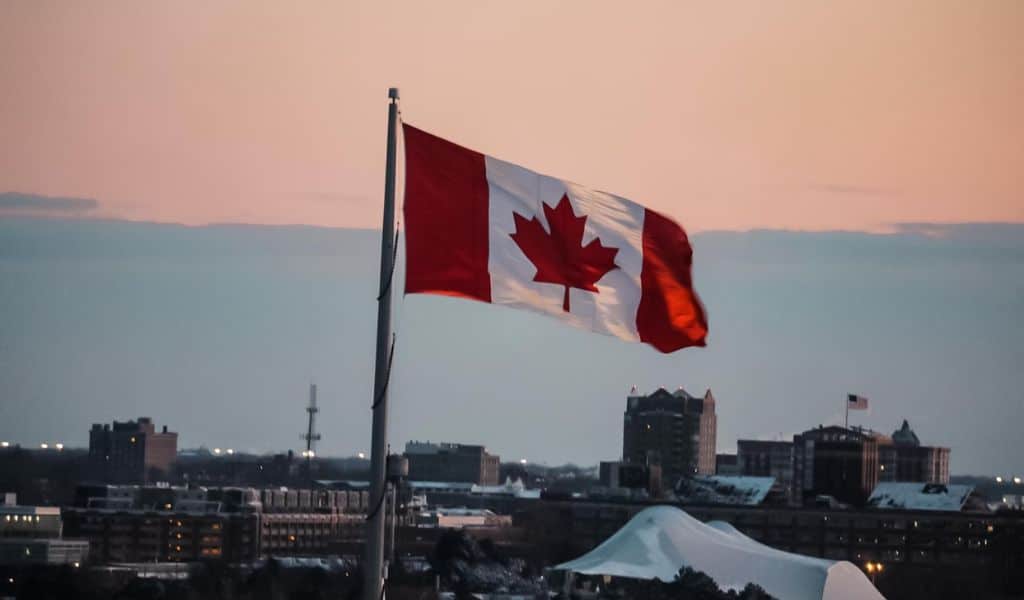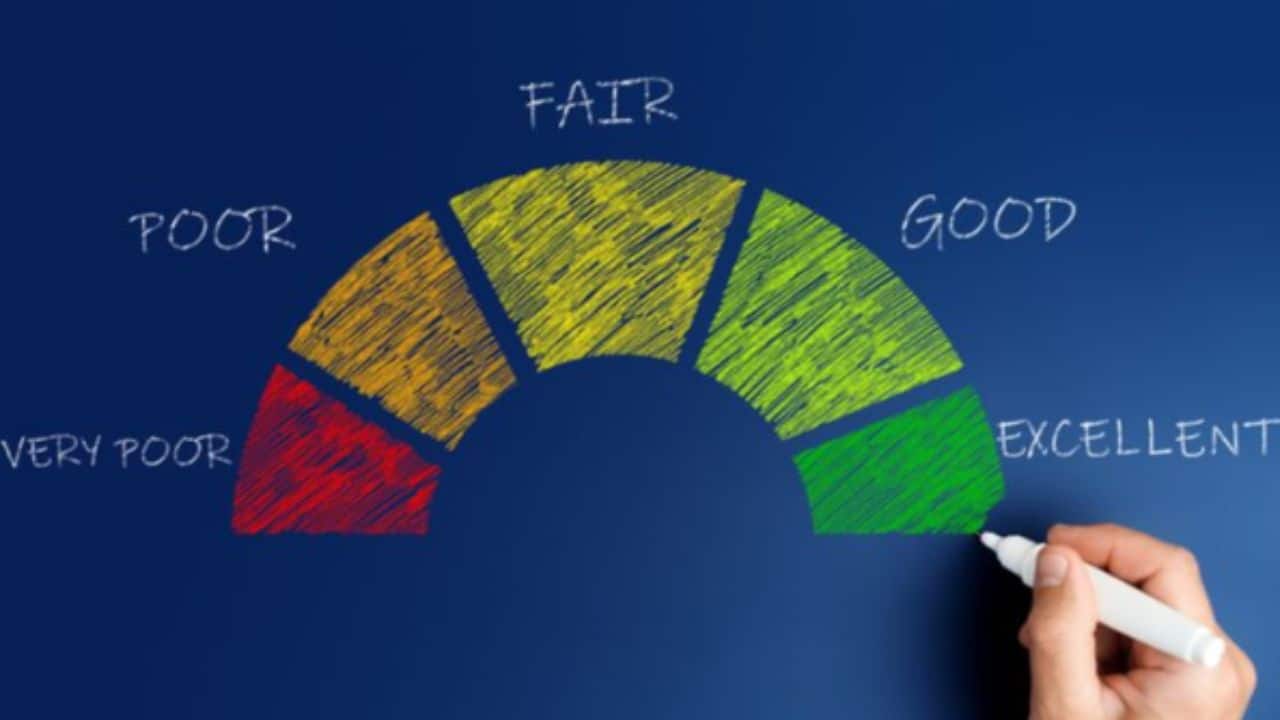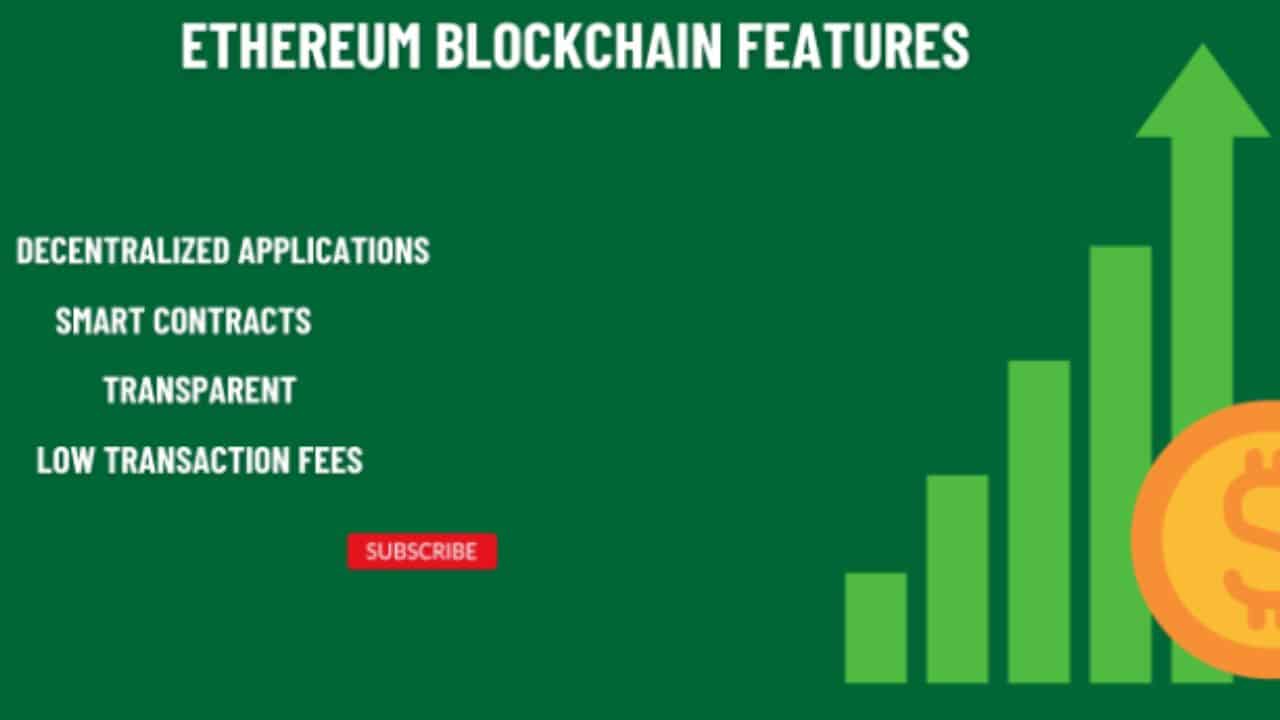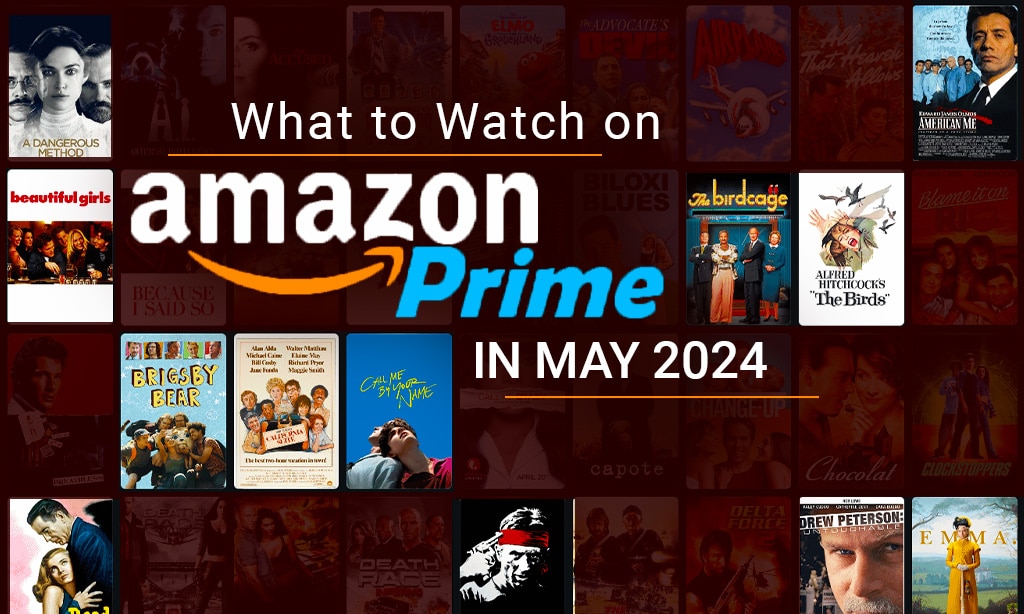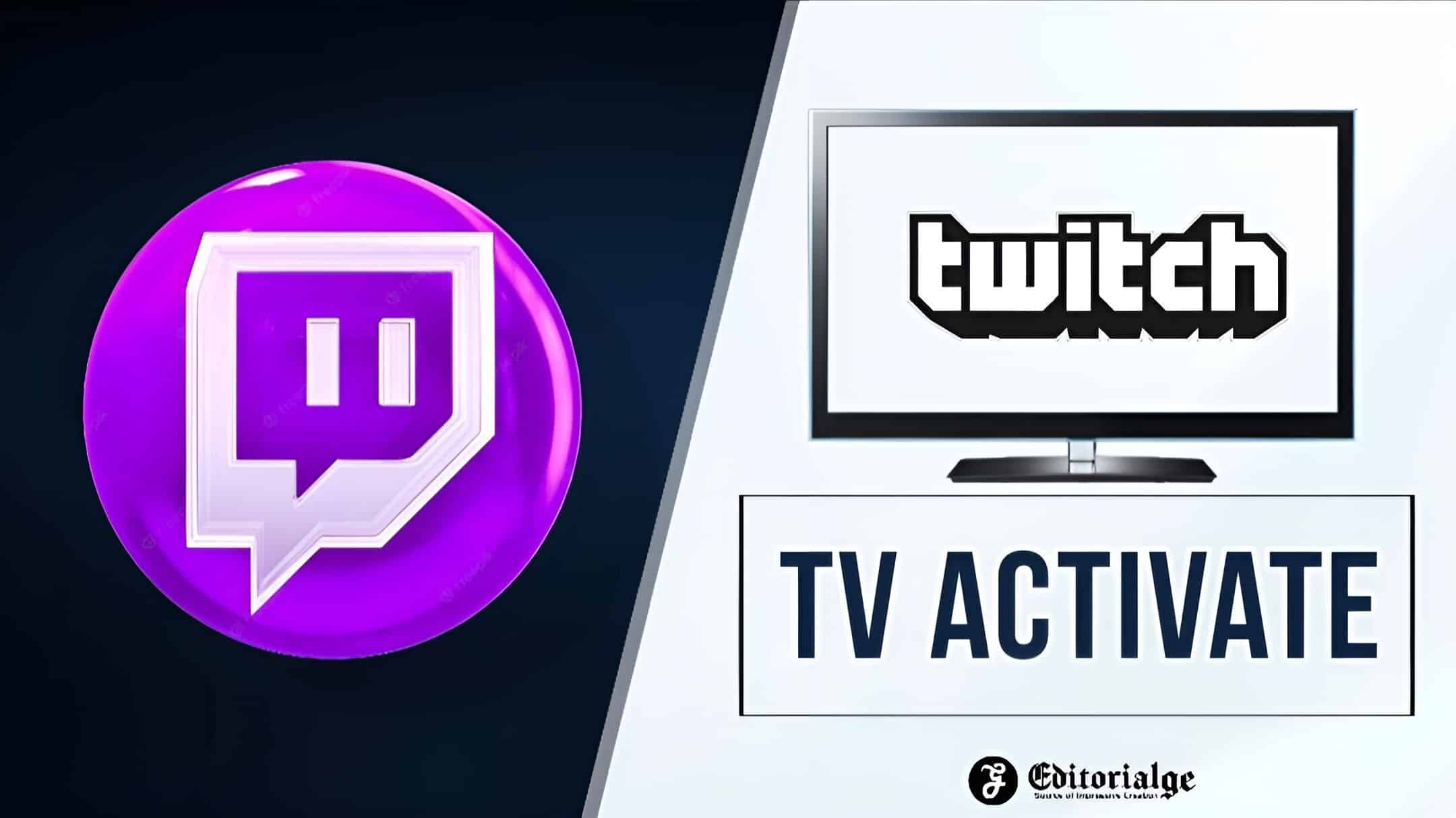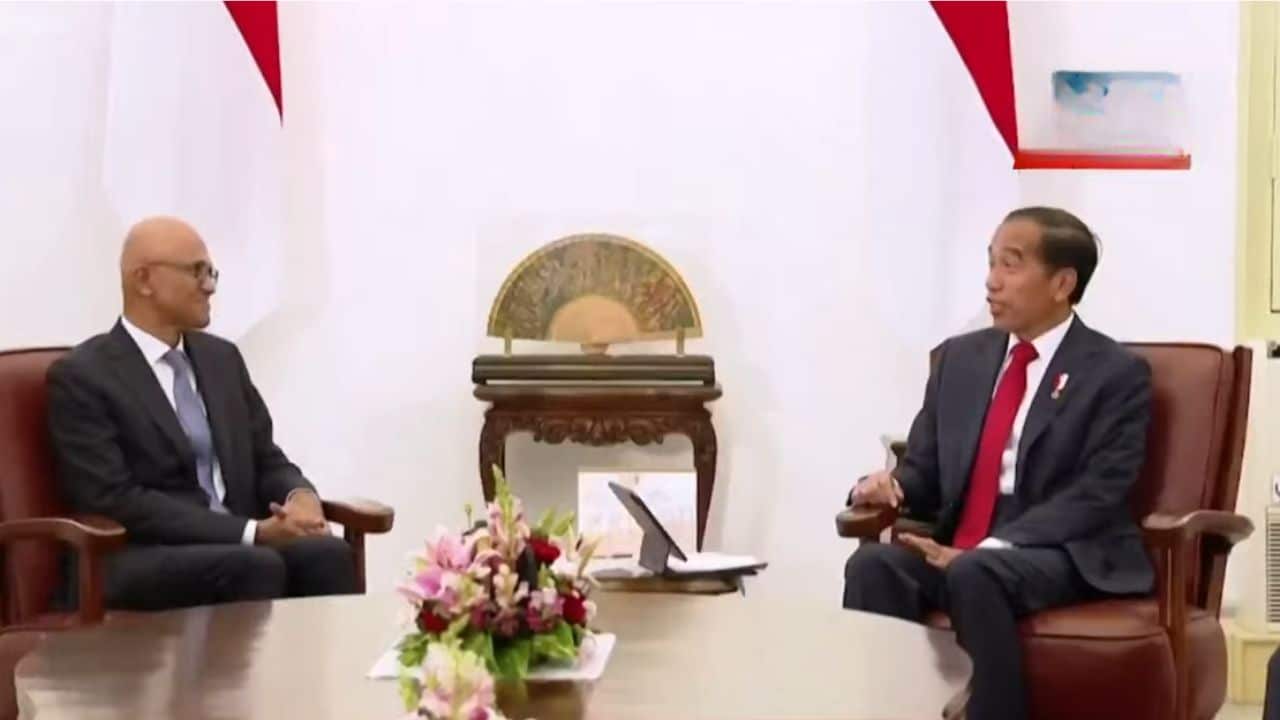On July 1, the Saskatchewan government increased the small business tax by up to one percent. In response, various organizations have called for the government to freeze the tax hike to zero percent to help small businesses stay afloat.
The groups believe that the tax hike could be detrimental to entrepreneurs in the province, especially now that interest rates, inflation, and cost of living have catapulted.
Canadian Federation of Independent Business (CFIB) director Brianna Solberg said cost relief was becoming increasingly urgent because small business owners are trying to address heavy debt loads, increased inflation, and higher input costs.
While a one- or two-percent tax hike might seem insignificant, businesses earning $500,000 annually could pay up to $10,000 in taxes. Solberg said this additional expense could make or break businesses in the province today.
Canadian Taxpayers Federation (CTF) prairie director Gage Haubrich shared the same sentiment. Haubrich believed that although the extra taxes could seem like a drop in the bucket for the government, they could break a small business.
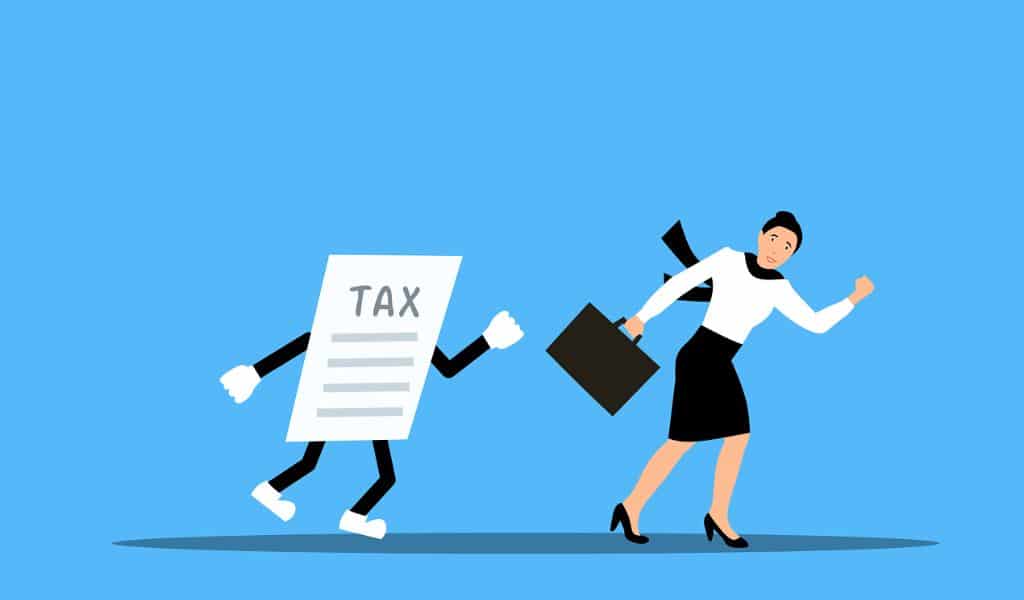
“The provincial government decided to get greedy instead of continuing to give small business owners a break,” he added.
In 2020, the Saskatchewan provincial government temporarily lowered the small business tax to zero percent to help entrepreneurs stay afloat during the pandemic. The government has already extended this zero percent tax rate from July 1, 2022, through June 30, 2023.
This month, the government finally increased it to one percent and plans to return the tax to two percent on July 1, 2024.
The government introduced the temporary tax rate in 2020 as an economic relief measure to help small businesses negatively impacted by the pandemic. However, the government believes the tax rate has finally served its purpose.
According to Solberg, the CFIB has been calling for the government to freeze the tax rate at zero percent until at least 2024. This way, small business owners will have a better chance to recover.
Solberg believed cost increases this year would force entrepreneurs to make tough decisions. They might have to increase their prices or lay off some staff. He noted that small business owners already work more than 59 hours a week because of the lack of employees.
Moreover, this tax hike comes at a crucial time when small business owners are trying to address heavy debt loads.
The Canada Emergency Business Account (CEBA) program provided roughly 900,000 small businesses and organizations with $60,000 in interest-free loans during the pandemic. However, most of these businesses have yet to pay off the loan due on December 31, 2023.
According to the CFIB, 19 percent of small businesses in the country are at risk of bankruptcy if the federal government does not extend the repayment date.
The CFIB is a non-profit advocating for small businesses. The organization influences public policy based on its members’ views, ensuring that entrepreneurs have a chance to affect the laws and procedures crucial to their businesses.
Meanwhile, the CTF is a non-profit with over 235,000 supporters in Canada. Founded in Saskatchewan, the organization aims to lower taxes for Canadian businesses.
Entrepreneurs concerned about the increased small business tax should hire expert accountants to see how the tax hike affects their finances.
Faris CPA is an accounting firm that serves various corporate and individual clients. The company provides high-level accounting, taxation, financial, and business advisory services.


